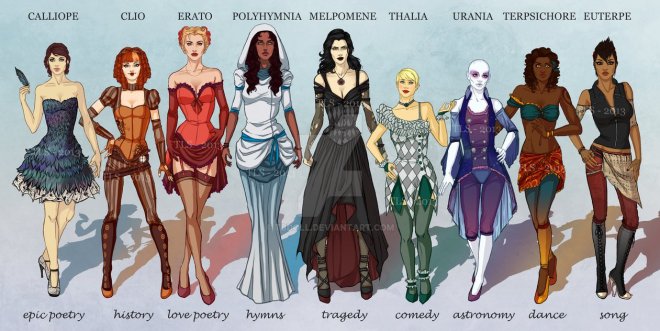The more I learn, the less I know.
I listen to a lot of podcasts on all sorts of topics, but mostly on creativity, writing, personal growth and philosophy. I also read a lot of articles and books on the creative process and spirituality. Now, after seriously loading up on all this content for the past year or so, I am finding that the “experts” will often disagree. This is why it’s really important, whether you’re researching a plot-line, or attempting an amateur deep dive into neuro-plasticity, to read widely among the known leaders of the fields and even touch on the outliers and conspiracy theorists.
One thing I have been really focussed on doing is to equally divide my listening/reading between female and male writers, podcasters and artists. It’s a challenge because women’s voices are still not being heard in many areas. Plus someone really should tell young female presenters, that overuse of ‘vocal fry’ is frustrating for many listeners. Sorry, but someone had to say it. Oh, and women, please stop saying sorry.
This brings me to the Muses.
I’ve been listening to a really good podcast on creating an income from creative work (Tiny Leaps) for a while and I was surprised when the presenter recently sneered at the idea that our creative ideas come from anywhere but inside us; from our minds or brains. I have read widely enough to know that even hard-science lovers in the Neuroscience and Psychiatry worlds agree that our ‘mind’ or consciousness aren’t confined to the ‘brain’. Who knows where ideas originate?
I think it’s unwise to sneer at something we know so little about. I mean, we “know” that our creative spark doesn’t come from ‘The Muses‘ but just the fact that I am putting quote marks around the word ‘know’, means that we really don’t know much at all. Do I think Xanadu is real and actual female goddess called muses send us ideas? No, I don’t, but I do believe it is, like all mythology, real human experience personified into Gods and Goddesses.
What else would Bronze-age greeks think when an idea just pops into their mind from seemingly nowhere?
Take a look at this great site, Women in Antiquity, right here on WordPress.

Stephen King likes to play music with some writer friends, saying he really enjoys their company because they have an agreement not to discuss one topic; the origin of their ideas. I like Mr King; he knows a thing or two about writing and even he isn’t keen on discussing whence the inspiration springs.
Do what works for you. Steven Pressfield includes an invocation to the muses in his great book The War of Art and suggests we adopt it or write our own as a way of focusing our minds to work on our art, other creatives simply sit at the keyboard and type.
Whatever works. The crucial thing is ‘do the work.’

Homer began his epic poems with an Invocation to the Muse. As you see in this invocation from The Odyssey, he asks for inspiration and a blessing for the retelling of the epic:
Speak, Memory –
Of the cunning hero
The wanderer, blown off course time and again
After he plundered Troy’s sacred heights.
Speak
Of all the cities he saw, the minds he grasped,
The suffering deep in his heart at sea
As he struggled to survive and bring his men home
But could not save them, hard as he tried –
The fools – destroyed by their own recklessness
When they ate the oxen of Hyperion the Sun,
And that god snuffed out their day of return
Of these things,
Speak, Immortal One,
And tell the tale once more in our time.
—Stanley Lombardo Translation (2000)
From the wonderful blog Epic Poetry



You must be logged in to post a comment.